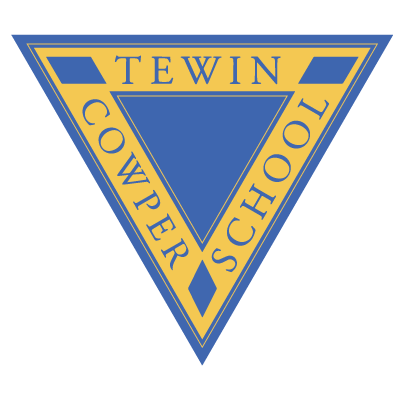Music
Intent
At Tewin Cowper, we use Kapow's Primary Music scheme as the basis for our learning in our Music lessons. The intention of our learning is first and foremost to help children to feel that they are musical, and ultimately to develop a life-long love of music. We focus on developing the skills, knowledge and understanding that children need in order to become confident performers, composers, and listeners. Our curriculum introduces children to music from all around the world and across generations, teaching children to respect and appreciate the music of all traditions and communities.
Children will develop the musical skills of singing, playing tuned and untuned instruments, improvising and composing music, and listening and responding to music. They will develop an understanding of the history and cultural context of the music that they listen to and learn how music can be written down. Through music, our curriculum helps children develop transferable skills such as team-working, leadership, creative thinking, problem-solving, decision-making, and presentation and performance skills. These skills are vital to children’s development as learners and have a wider application in their general lives outside and beyond school.
Implementation
We take a holistic approach to music, in which the individual strands below are woven together to create engaging and enriching learning experiences. The key strands are as follows:
- Performing
- Listening
- Composing
- The history of music
- The inter-related dimensions of music
Each unit combines these strands within a cross-curricular topic designed to capture pupils’ imagination and encourage them to explore music enthusiastically. Over the course of the scheme, children are taught how to sing fluently and expressively, and play tuned and untuned instruments accurately and with control. They learn to recognise and name the interrelated dimensions of music - pitch, duration, tempo, timbre, structure, texture and dynamics - and use these expressively in their own improvisations and compositions.
Our lessons follow the spiral curriculum model where previous skills and knowledge are returned to and built upon. Children progress in terms of tackling more complex tasks and doing more simple tasks better, as well as developing understanding and knowledge of the history of music, staff, and other musical notations, as well as the interrelated dimensions of music and more.
In each lesson, pupils actively participate in musical activities drawn from a range of styles and traditions, developing their musical skills and their understanding of how music works. Lessons incorporate movement and dance elements, as well as making cross curricular links with other areas of learning.
Of course, music isn't confined to the classroom: it takes a central role within many areas of the wider school community. Our children love to sing, whether this is in assembly, at our church services, as part of our "Singing for Fun" club, or in various concerts and shows throughout the year. A number of children learn to play a musical instrument, and we often have visitors who demonstrate their passion for singing or playing an instrument to inspire and delight the children.
Impact
Teachers are continually monitoring the impact of lessons and other music activities on the children's progress, ensuring that their musical experiences are as productive, positive and enjoyable. Progress is assessed not only at the end of each unit of work, but throughout each lesson to make sure that every child is accessing the learning and making progress.
Our aim is that children leave our school equipped with a range of skills to enable them to succeed in their secondary education, and to be able to enjoy and appreciate music throughout their lives. We are passionate about enabling children to:
- Be confident performers, composers and listeners who will be able to express themselves musically at and beyond school.
- Show an appreciation and respect for a wide range of musical styles from around the world and understand how music is influenced by the wider cultural, social, and historical contexts in which it is developed.
- Understand the ways in which music can be written down to support performing and composing activities.
- Demonstrate and articulate an enthusiasm for music and be able to identify their own personal musical preferences.
